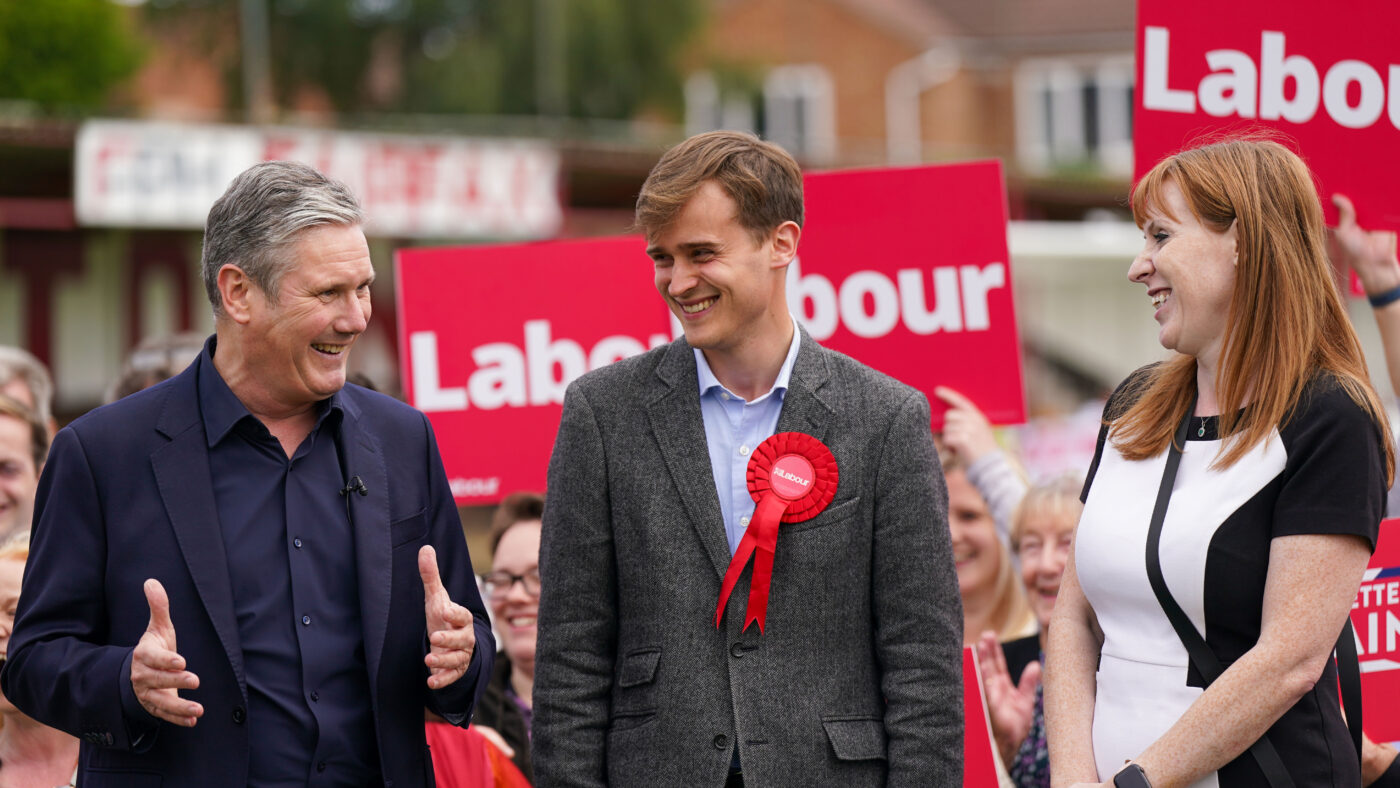When the Partygate story was in full swing, there was one scenario which, however implausible, I could not get out of my thoughts. What if Boris Johnson was condemned by Parliament, recalled by his electors… and won?
It didn’t seem likely, of course. Notwithstanding Lord Ashcroft’s polling in Uxbridge & South Ruislip that suggested the former prime minister had a strong chance, most observers (myself included) thought a defeat for the Conservatives all but nailed on. A by-election in a London constituency would be an uphill struggle for the Government in normal circumstances, let alone the wake of a recall petition.
And yet… there was ULEZ. And if anyone could turn a by-election precipitated by a national scandal into a referendum on a local issue, it was surely Johnson, who remains – for all his shortcomings as a governor – one of the most able campaigners of our time.
Imagine the circumstances, now, if he had been the winning candidate in the early hours of this morning. Amidst dire national polling for the Tories and near-record swings against the party in much safer seats, there would be Boris, the great triumphator, proving once again that he had the magic touch.
That wouldn’t have changed the minds of his determined critics, of course. But it could have upended his narrative, and if circumstances didn’t improve over the next 12 months given restive Tory MPs and activists the cover to ask the question: is it time to recall Cincinnatus from the plough?
One wonders if his decision to quit the field (as indeed he did during his first bid for the leadership) will haunt Johnson. Rishi Sunak should certainly count himself as having a lucky escape.
Beyond that, though, the Conservatives should be very careful not to overstate the significance of Uxbridge. Yes, winning one out of three by-elections gives MPs doing the media rounds something to latch on to.
But the key thing with by-elections, especially very close ones in a parliament where the Government has a comfortable majority, is less the result than the trend. A few hundred votes the other way, and there would be a different new MP. The fact that Labour came very close to winning another Tory seat they have never held before, on the other hand, would be the same.
Moreover, Uxbridge has limited lessons for a general election campaign. As the Liberal Democrats know all too well, it is much harder to turn the fight for given seat into a referendum on local issues during a full general election campaign.
There also aren’t that many areas where the Conservatives would be able to run against an incumbent – although this result might offer some comfort to their Scottish and Welsh MPs, who are surely already compiling lists of Welsh Labour and the SNP’s most egregious failures. (That this tactic might somehow save London ultra-Nimbys Iain Duncan Smith and Theresa Villiers does not bear thinking about.)
Squeaking out a win is not the only possible basis for Tory complacency in the wake of last night’s results. There is also the undeniable fact that by-elections are better for smaller parties, and that some voters use them to send a message in a way they don’t when they think they’re choosing a government.
And in Selby & Ainsty – surely the most worrying result for CCHQ – there’s the fact that Labour’s vote didn’t go up by very much, and what seems to have happened is that Conservative voters stayed at home.
But disaffected voters can stay at home at the general, too – especially if, as media reports suggest, the Prime Minister is thinking of going to the country next November. Pity the Tory machine, stripped of another tranche of councillors by next May’s local elections, trying to drag its undermotivated, older electorate to the polls in the winter darkness.
Step back from the detail, and the big takeaway from last night is that Labour is starting secure by-election wins of the sort it got in the 1992-97 Parliament, and if there are more this year, it seems very likely that Selby will be closer to the pattern than Uxbridge.
If I knew what Rishi Sunak needed to do to turns things around, I’d be charging Lynton Crosby money to tell him. But the first thing must surely be to abandon any suggestion of an 80:20 approach; attack seats are a fiction upon which CCHQ cannot afford to lavish resources when it has trenches to be digging.
Click here to subscribe to our daily briefing – the best pieces from CapX and across the web.
CapX depends on the generosity of its readers. If you value what we do, please consider making a donation.


